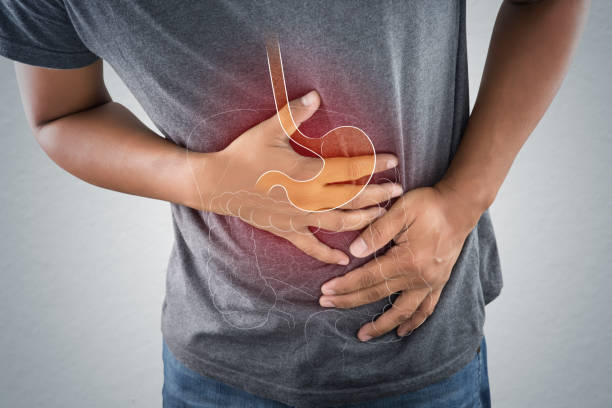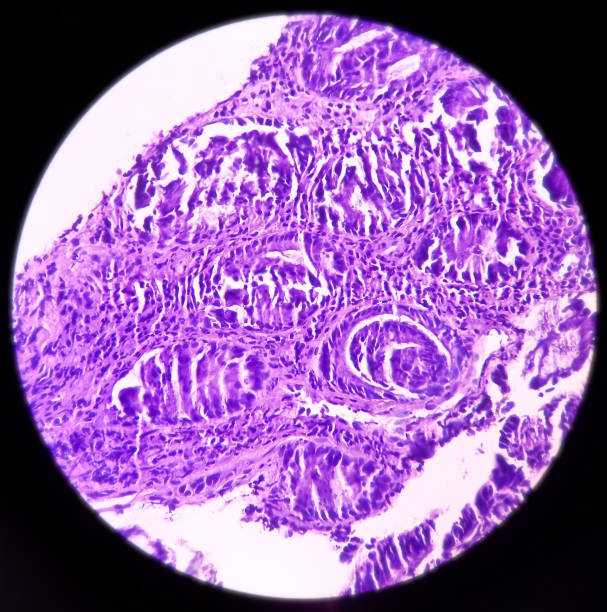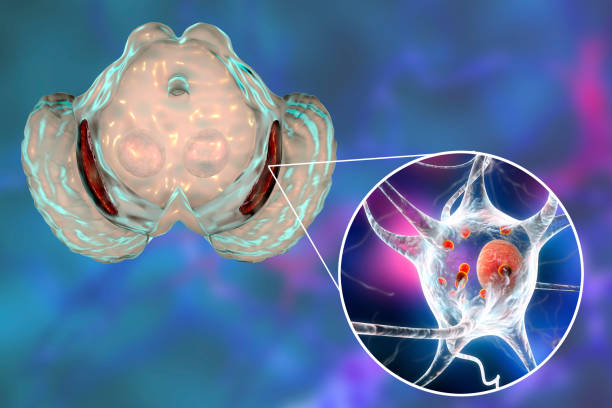Peptic Ulcer Disease Treatment
A good peptic ulcer disease treatment will include avoiding the foods and drinks that trigger the condition. These include NSAIDs (nonsteroidal anti-inflammatory drugs), alcohol, and smoking. This will help the condition heal faster and prevent further complications. There is no single treatment for peptic ulcer disease, but there are several types of treatments to choose from.
Can peptic ulcer disease be cured?
Treatment for peptic ulcer disease involves controlling acid production, repairing damage to the stomach lining, and tempering symptoms. This condition can be treated with both lifestyle and medical approaches. Medical treatment includes antibiotics, antacids, and proton pump inhibitors. If these aren’t enough, a blood transfusion or emergency treatment may be necessary.
Medication for peptic ulcer disease usually cures the underlying cause and prevents ulcers from reoccurring. However, if ulcers continue to recur due to a bacterial infection or underlying problem, surgery may be necessary. To reduce the risk of recurrence, you should follow the advice of your healthcare provider and avoid alcohol and smoking.
To determine the underlying cause of your ulcer, your doctor may perform an endoscopy. This procedure involves inserting a thin, flexible tube into your mouth, allowing the doctor to look inside your stomach. Your doctor may also take a biopsy of the affected area to look for the presence of bacterial infection or cancer.
How long does peptic ulcer disease take to heal?
A peptic ulcer is a painful condition caused by excessive acid in the stomach. It can be treated by taking a medication known as a proton pump inhibitor. It is taken for six to eight weeks and helps to reduce stomach acid. However, some patients do not respond to this treatment and will need long-term acid-suppressive therapy.
In some cases, ulcers can lead to serious complications. These depend on the size and location of the ulcer, and on a person’s age and health. Bleeding ulcers usually occur in older people and can result in blood in the stool or vomit. These ulcers typically require medical attention and may require a proton pump inhibitor, IV fluids, and even blood transfusions.
Duodenal ulcer treatment
Duodenal ulcers are a type of peptic ulcer disease that causes abdominal pain. They form in the lining of the duodenum, the first section of the small intestine after the stomach. They differ from stomach ulcers in several ways, including their location and severity.
Duodenal ulcers are caused by a bacteria called Helicobacter pylori. This bacterium is found in 60 per cent of people and is the primary cause of most stomach ulcers. People who smoke and take certain medications are at a higher risk for developing this disease. Some people also develop ulcers due to stomach cancer or chronic use of an anti-inflammatory drug.
Once you have a diagnosis, your doctor will perform several tests to determine what caused your ulcer. A series of X-rays and a test called endoscopy can help. This procedure involves inserting a thin tube through the mouth and into the stomach and small intestine. During the endoscopy, the doctor can view the ulcer in detail and check for signs of H. pylori infection. Other tests, such as a stool sample, may be necessary.
Peptic ulcer treatment guideline
The management of peptic ulcers depends on a variety of factors, including its etiology, clinical presentation, and associated complications. In the initial stages of an ulcer, conservative treatment is generally recommended. In more severe cases, surgical intervention may be necessary. The goal of medical treatment is to prevent ulcer recurrence.
Antibiotics and nonsteroidal anti-inflammatory drugs are commonly used to treat peptic ulcer disease. If the underlying cause is Helicobacter pylori (H. pylori) infection, a test-and-treat strategy may be appropriate. In patients under 55 years of age, a gastroscopy may be indicated to rule out a malignant condition. Stool antigen tests are the most reliable method for identifying the presence of H. pylori infection, although serologic tests can also be used.
Another popular treatment option for peptic ulcer disease is a proton pump inhibitor. This type of drug works by blocking three of the main pathways responsible for acid production in the stomach. In clinical trials, these medications have shown superior efficacy. In addition, they are safe and effective. However, these medications are not appropriate for everyone, as they can cause undesirable side effects.



